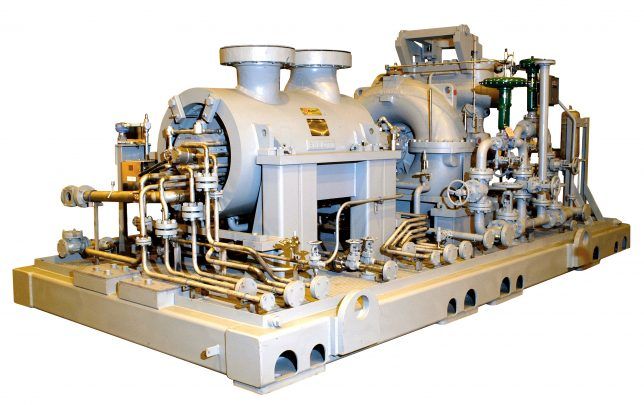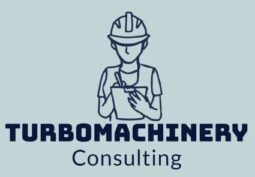ENVIRONMENTAL RISKS vs OPERATING & MAINTENANCE COSTS - CENTRIFUGAL COMPRESSORS

IMPACTS, ACTIONS & RECOMMENDATIONS - ENVIRONMENTAL RISKS vs OPERATING & MAINTENANCE COSTS
The impacts of environmental risks on operating and maintenance costs related to centrifugal compressors in oil, gas, and petrochemical industries can be significant. To minimize these impacts, it is important to implement a range of actions and recommendations, both during the engineering and design phase and throughout the operational lifespan of the compressor.
During the engineering and design phase, several factors should be considered to minimize environmental risks and operating costs. These include selecting the most appropriate compressor type and size for the specific application, optimizing the compressor’s operating parameters to minimize energy consumption and emissions, and incorporating appropriate safety and environmental protection features, such as automatic shutdown systems and leak detection systems.
Once the compressor is operational, regular inspections and maintenance should be performed to ensure safe and efficient operations. This includes monitoring and maintaining optimal operating parameters, such as temperature and pressure, regularly inspecting equipment for leaks and damage, and ensuring proper maintenance of all equipment, including valves, bearings, and seals.
In addition to these measures, it is also important to implement effective environmental management practices, such as regularly monitoring and reporting emissions and implementing appropriate measures to reduce emissions and prevent leaks. This can include measures such as implementing emission control technologies, such as scrubbers or filters, and implementing a comprehensive environmental management system to ensure compliance with all relevant regulations.
Overall, the key to minimizing the impacts of environmental risks and operating costs related to centrifugal compressors is to implement a comprehensive, integrated approach that takes into account all aspects of compressor design, operation, and maintenance. By doing so, it is possible to reduce environmental risks, improve operational efficiency, and minimize costs over the life of the compressor.

FREQUENT QUESTIONS & ANSWERS - ENVIRONMENTAL RISKS vs O&M COSTS
- What are the main environmental risks associated with centrifugal compressors in the oil, gas, and petrochemical industries?
Some of the main environmental risks associated with centrifugal compressors include air pollution from emissions of nitrogen oxides (NOx), carbon monoxide (CO), and volatile organic compounds (VOCs), noise pollution, and potential for oil spills and leaks.
- How can the environmental risks associated with centrifugal compressors be mitigated?
Some ways to mitigate the environmental risks associated with centrifugal compressors include installing air pollution control equipment such as scrubbers and catalytic converters, implementing noise reduction measures such as sound barriers and mufflers, and implementing proper maintenance and inspection procedures to prevent oil spills and leaks.
- What are the typical operating and maintenance costs associated with centrifugal compressors?
The operating and maintenance costs associated with centrifugal compressors can vary depending on factors such as the size and complexity of the compressor, the type of fuel used to power it, and the frequency and intensity of maintenance and inspection activities. Some typical costs include energy costs for powering the compressor, costs for replacing worn parts and components, and costs for routine maintenance and inspection activities.
- How can the operating and maintenance costs of centrifugal compressors be minimized?
Some ways to minimize the operating and maintenance costs of centrifugal compressors include selecting a compressor that is appropriately sized for the intended application, choosing an efficient fuel source, implementing a comprehensive maintenance and inspection program to prevent unnecessary wear and tear on the compressor, and optimizing the compressor’s operational settings to reduce energy consumption.
- What are some common challenges associated with maintaining and operating centrifugal compressors in existing plants?
Some common challenges associated with maintaining and operating centrifugal compressors in existing plants include the need to balance operational efficiency with environmental concerns, the need to comply with regulatory requirements for emissions and noise pollution, and the need to manage the risk of equipment failure or downtime. Additionally, older compressors may require more frequent maintenance and repair due to wear and tear.
